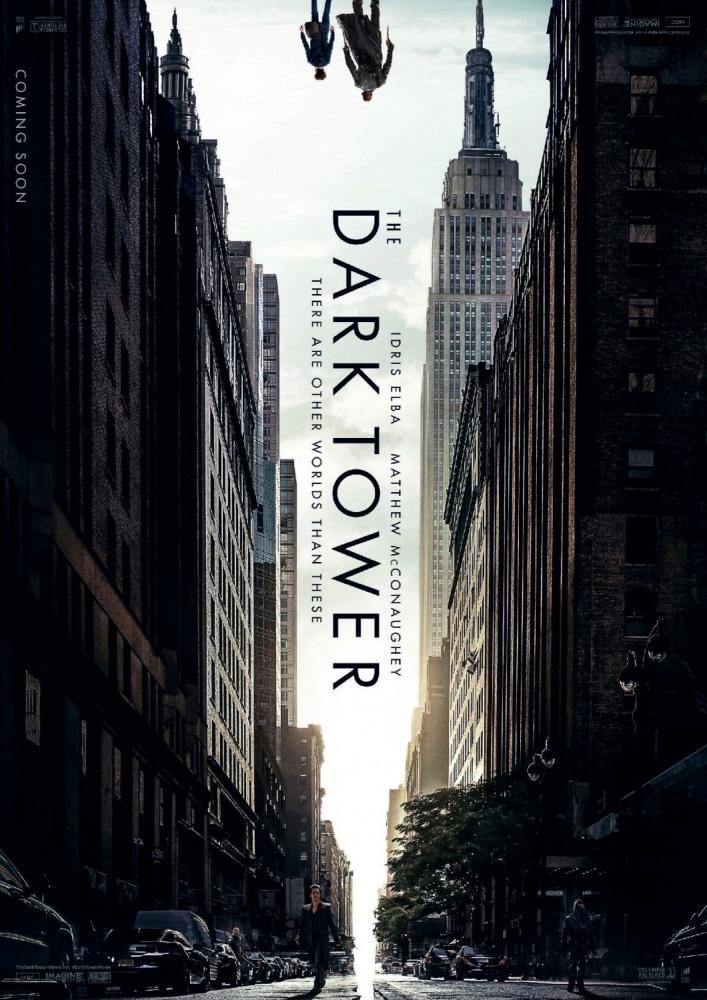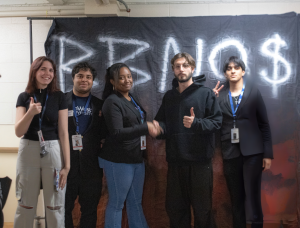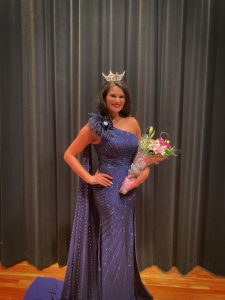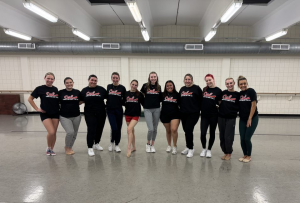The Dark Tower: Literature vs. Cinema
September 27, 2017
After years of whispers, rumors and speculation, Stephen King’s The Dark Tower finally appeared on screen, this past August.
For the hardcore King fans, this has been a long time coming. For years, directors and producers have toyed with the idea of The Dark Tower appearing on screen. Finally, Danish director Nikolaj Arcel brings King’s fantasy series to life; featuring Idris Elba and Matthew McConaughey in the leading roles.
The film had a budget of $60 million, and earned around $107 million at the box office. However, critics gave rather negative views of the film for a variety of reasons.
It has been described as “King’s fantasy series thrown into a blender,” and “a bland experience with no direct audience.”
The harshest criticism comes from the dedicated readers of The Dark Tower Series.
King describes The Dark Tower book series as his magnum opus. Beginning to write the series in his early 20s, King’s 8-part book series is one of his most distinct and deeply complex works he has ever done. Stepping away from his typical horror stories, The Dark Tower series is a Western-fantasy.
In a summary, the series follows Roland Deschain, the last surviving gunslinger, as he pursues a sorcerer known as the Man in Black, or Randall Flagg and Walter O’Dim, across Mid-World, the fictional setting of the series.
The Man in Black is headed towards the Tower, the fictional epicenter of reality, on a quest to become a god and control reality. While the last book, The Wind Through the Keyhole, seemingly concluded the series, King has suggested that he may be working on another installment in the book series. The Dark Tower series also ties in King’s other works.
The film adaptation, released on Aug. 4, takes a drastically different take on the series. The film focuses on Jake Chambers, played by Tom Taylor, a boy living in New York who has visions of another world, a man in black, and a pursuing gunslinger.
After discovering an inter-dimensional portal, he is transported to Mid-World, where he meets Deschain, played by Elba. He is chasing after the Man in Black, played by McConaughey, who plans to destroy reality by abducting psychic children that will destroy the Tower and allow monsters from another realm to enter reality. While being described as the books thrown together in one movie, it serves as a sequel to the series.
As was predicted, King’s devoted fans felt outraged. The fact that the focus of the film was Chambers, and not Roland, was a focal point for fan criticism. Another issue was the casting of Elba as Roland. King, in previous interviews about his book series, described Roland as a Clint Eastwood type, the typical “Spaghetti Western” protagonist.
Some fans felt that Elba’s racial background diminished King’s character, but King himself said that the race of the character isn’t important, as long as the actor captured the intensity and grit of Roland’s character. In fact, King praised Elba’s performance as Roland.
Similarly, some fans felt that McConaughey’s character didn’t contain the sinister undertone and mystique of Walter O’Dim in the novels. However, critics praised McConaughey for his portrayal of the Man in Black, feeling that McConaughey’s portrayed malice, combined with a “personal flair,” was unique, even for the actor. Both Elba and McConaughey’s lead performances is what made this movie worth seeing.
The rest of the movie is extremely lacking though. Rotten Tomatoes, Metacritic and IMDB gave low ratings. Darren Franich from Entertainment Weekly said, “Bad dialogue and lame plot: fine.”
Variety’s Manohla Dargis wrote, “Summons an emotional impact of close to zero.” Without the strength of the leading roles, the movie would not have received such success at the box office.
It’s not surprising the film didn’t do the books justice, or that the film had little success. It’s almost impossible for the magnitude of The Dark Tower as a whole to be smashed together in a 90-minute film. The most surprising reaction comes from King, who isn’t disappointed with the film.
King historically opposes the film adaptations of his work, most notably is Kubrick’s adaptation of The Shinning.
Overall, not the best of films to see, especially if you are a hardcore King fanatic.






